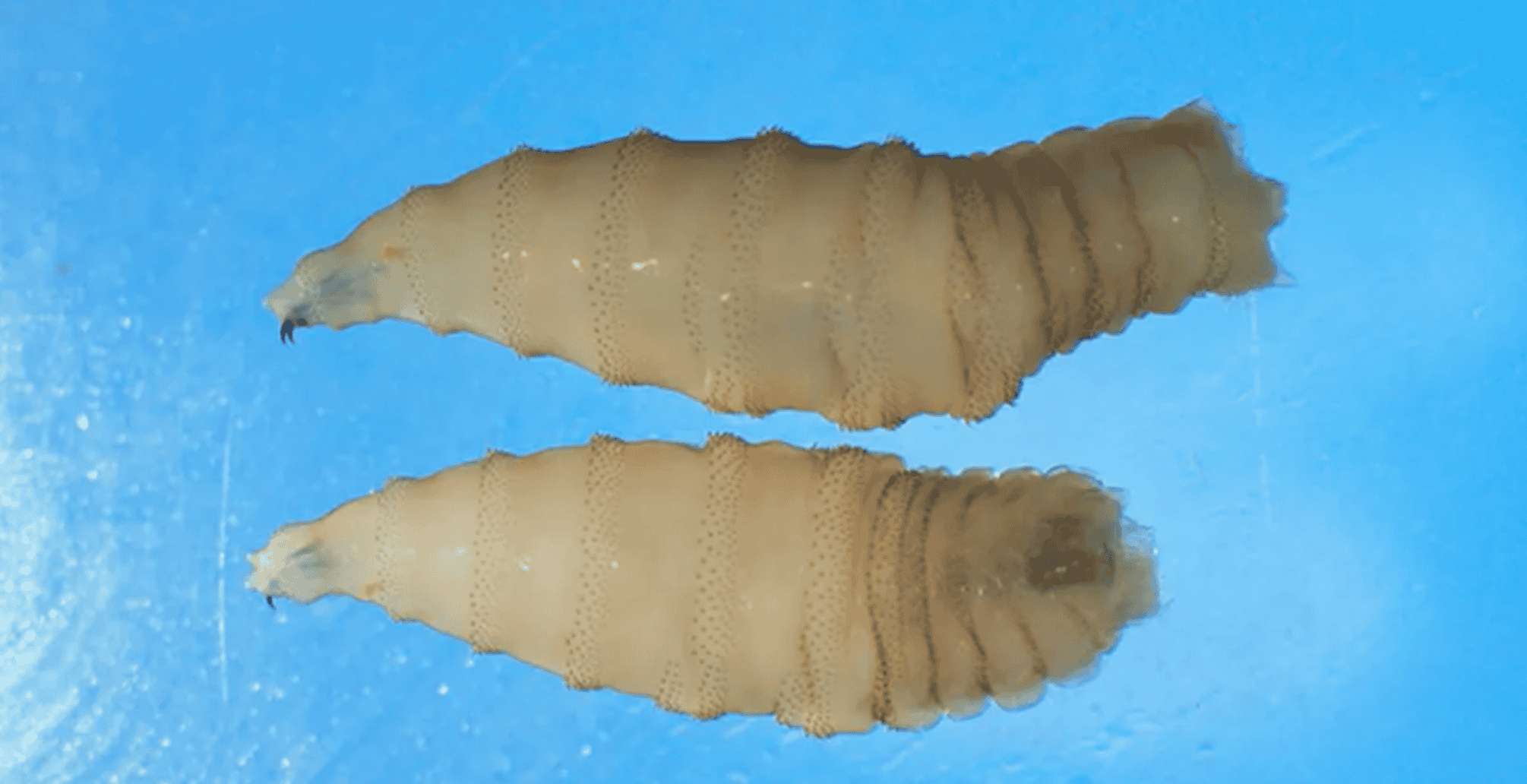Photo Credit: Natali_Mis
The following is a summary of “Lenvatinib and immune-checkpoint inhibitors in hepatocellular carcinoma: mechanistic insights, clinical efficacy, and future perspectives,” published in the December 2024 issue of Hematology by Chen et al.
Lenvatinib, a tyrosine kinase inhibitor, treats hepatocellular carcinoma (HCC) by targeting vascular endothelial growth factor receptors (VEGFR) and fibroblast growth factor receptors (FGFR) pathways. Resistance arises from genetic mutations and tumor microenvironment changes.
Researchers conducted a retrospective study on lenvatinib in HCC, showing promising outcomes despite growing resistance from genetic mutations and tumor microenvironment changes.
They reviewed the mechanisms of lenvatinib’s action in liver cancer, examined its combination with immune checkpoint inhibitors (ICIs), and analyzed causes of drug resistance. They also explored potential biomarkers and novel combination therapies to improve efficacy, focusing on clinical applications and overcoming resistance.
The results showed that combination therapy with lenvatinib and ICIs enhanced anti-tumor immune responses and improved therapeutic outcomes. Challenges in safety and tolerability persist, highlighting the need to understand resistance mechanisms and identify biomarkers for personalized treatment.
Investigators concluded that lenvatinib, both as monotherapy and in combination with ICIs, showed significant promise in liver cancer treatment. Ongoing research into resistance mechanisms and biomarkers was crucial for optimizing outcomes and personalizing therapy.
Source: jhoonline.biomedcentral.com/articles/10.1186/s13045-024-01647-1



